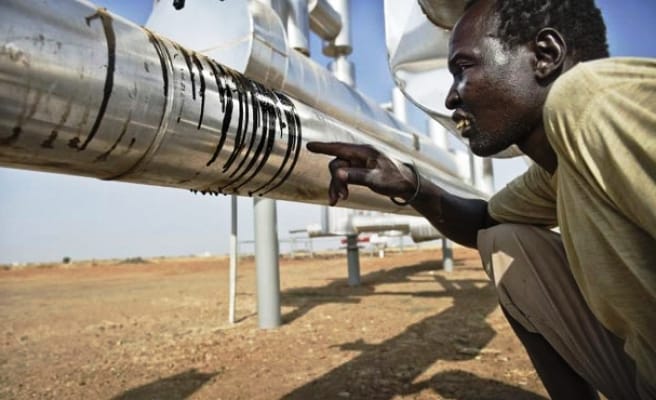South Sudan has resumed oil exports through Sudan after a months-long disruption caused by damage to a critical pipeline amid the ongoing conflict in Sudan. The development offers a major financial lifeline to Juba, which depends on oil revenues for nearly 98% of its national budget.
The flow of crude oil resumed on January 8, 2025, after successful repairs to a damaged section of the pipeline passing through conflict-affected areas of Sudan. The pipeline services oil production from Blocks 3 and 7 in South Sudan and ends at Port Sudan on the Red Sea.
The repairs were made possible through coordinated talks involving the Sudanese government, the Rapid Support Forces (RSF), and the Sudan People’s Liberation Movement-North (SPLM-N), all of whom hold sway over various territories along the pipeline’s route. Chinese oil giants CNPC and Sinopec, along with South Sudanese firm Tri Ocean, played key roles in facilitating the negotiations.
“This is a major breakthrough,” said Mohamed Lino, a technical adviser at South Sudan’s Ministry of Petroleum. “The shutdown last year had severe consequences for our economy, but today, we’re back in operation and hopeful for improved stability in the energy sector.”
Lino praised the Bashayer Pipeline Company (BAPCO), which manages the infrastructure on the Sudanese side and operates from the United Arab Emirates. BAPCO’s efforts ensured the crude reached the export terminal at Port Sudan safely.
Sudan’s interim Minister of Energy, Mohyeldin Naeem, had earlier attributed the halt in March 2024 to a “gelling” issue—caused by the lack of fuel at pump stations amid intensified fighting in White Nile State.
While oil exports have now resumed, the fragility of the region continues to pose a threat to long-term energy cooperation between Sudan and South Sudan.



